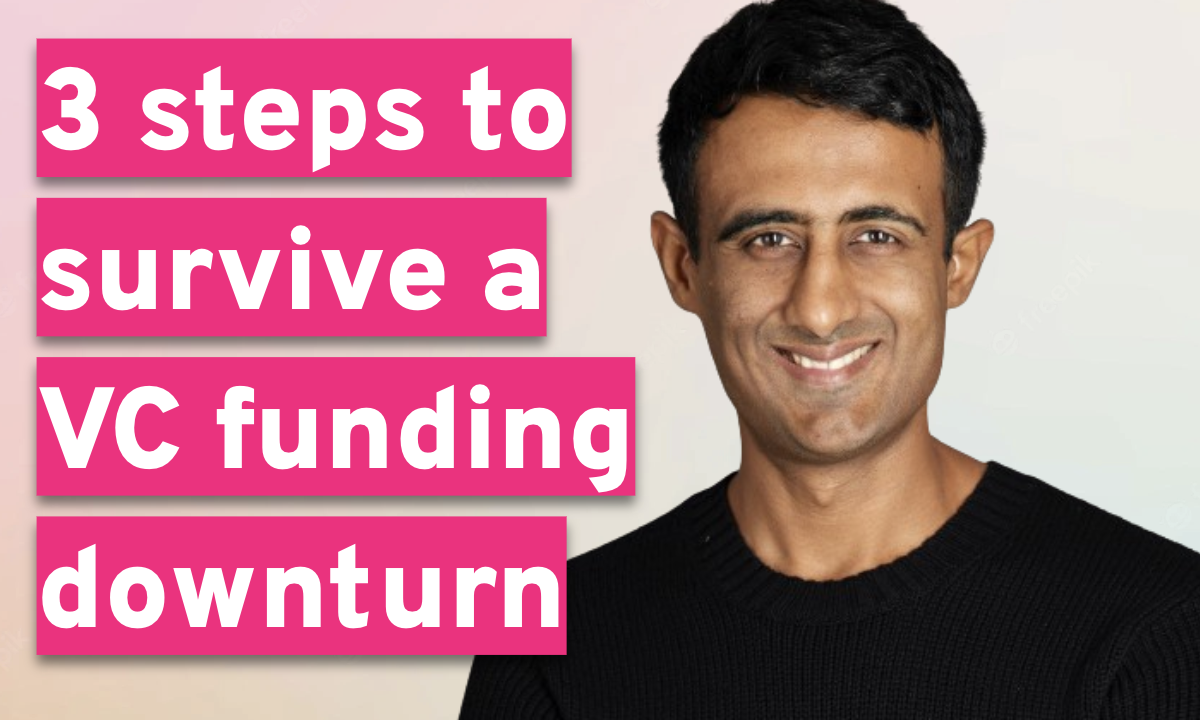Investors and innovators, let's talk about the future of Climate Finance, a topic that lies at the heart of our imperative to mitigate and adjust to a changing climate.
Today, we're witnessing an unprecedented shift in the way we think about investing in the battle against climate change. Today, I want to delve into why Fintech is the last mile of Climate Tech, how finance plays a pivotal role in transforming our economy into a carbon-neutral powerhouse, and explore some technical solutions and principles that will drive this transformation.
Fintech can be the keystone in the edifice of climate action. While we've made significant strides in renewable energy, sustainable agriculture, and emissions reduction technologies, it's important to recognize that without the financial mechanisms to scale these innovations, we're merely scratching the surface of their potential impact.
Table of Contents
Finance is the Last Mile Before Transforming our Economy to be Carbon Neutral
The transformation to a carbon-neutral economy is an ambitious goal, and it requires the seamless integration of climate technologies into our existing economic systems. Finance is the bridge that connects these technologies to the market. It facilitates the deployment of capital to accelerate the adoption of renewable energy, carbon capture, electric transportation, and more. Without the right financial tools and incentives, even the most groundbreaking innovations will remain stuck in the lab.
To drive decarbonization and renewable energy adoption, we need innovative financial products and service providers to facilitate their market entry. For instance, in Europe, we've seen companies like Climeworks and Northvolt pioneering direct air capture and battery technology, respectively. These companies required substantial investments and financial support to develop their technologies to the point where they are making a tangible impact on emissions reduction.
In the United States, companies like Tesla have transformed the electric vehicle industry, thanks to not only their technical innovation but also their ability to raise capital and provide financial incentives like tax credits and incentives for consumers. Fintech solutions, such as blockchain-based carbon markets and peer-to-peer renewable energy financing platforms, are emerging as game-changers in the clean energy space.
OpenVC is the best way to access deals 🤝
Browse the top 1% of deals and interact directly with founders. Completely free.
What Categories of Climate Fintech will Grow?
1. Eco-friendly Investment Platforms
Platforms like Swell Investing have leveraged Fintech to create investment vehicles that align with environmental and social values. These platforms allow investors to direct their capital toward companies with strong environmental performance or specific sustainable goals, fostering a closer connection between finance and climate action.
2. Carbon Offset Marketplaces
Platforms such as Pachama that use blockchain technology to create transparent and trustworthy carbon offset marketplaces. Such innovations not only make it easier for individuals and businesses to offset their carbon footprint but also ensure that the financial flows are directly contributing to projects that remove or capture carbon from the atmosphere.
3. Renewable Energy Financing
Organizations like Wunder Capital are financing commercial solar energy projects. By connecting investors with renewable energy projects through online platforms, Fintech solutions like these accelerate the deployment of clean energy infrastructure, which is a key strategy in reducing emissions.
4. Climate Risk Assessment
Fintech companies like Jupiter Intelligence utilize advanced data analytics and modeling to assess climate-related risks. This technology enables financial institutions to better understand the implications of climate change on their investments, which is critical for making informed decisions and reducing exposure to climate-related financial risks.
5. Green Bonds and Sustainable Finance
We observe the popularity of green bonds and sustainable finance instruments issued by governments and corporations. These financial products are designed to fund climate-friendly projects and initiatives. Fintech platforms like Climate Bonds Initiative play a crucial role in standardizing green bond certification and promoting investment in sustainable projects.
6. Climate Data Analytics
Fintech companies like Entelligent utilize advanced data analytics and modeling to assess climate-related risks. This technology enables financial institutions to better understand the implications of climate change on their investments, which is critical for making informed decisions and reducing exposure to climate-related financial risks.
7. Sustainable Banking Solutions
Banking institutions like Aspiration that focus on offering sustainable banking options. These banks ensure that customers' deposits are not used to finance environmentally harmful activities. Fintech-enabled banking solutions like these are integral in aligning financial services with climate goals.
These examples from the article illustrate how Climate Finance and Fintech are coming together to drive tangible solutions for climate change mitigation and adaptation. They highlight the innovative ways in which financial technology is enabling individuals, businesses, and institutions to invest in and support environmentally sustainable initiatives, ultimately contributing to a more sustainable and carbon-neutral future.
Will it make a difference?
Certainly! Let's dive into the impact of Climate Finance by drawing insights from Project Drawdown, a comprehensive initiative that identifies and assesses solutions to reverse global warming. One of the most impactful ways finance contributes to climate action is through investments in renewable energy sources like wind, solar, and hydropower. We know that financing energy efficiency upgrades in buildings, industries, and transportation is another high-impact strategy. The transition to electric vehicles is essential for decarbonizing the transportation sector. Additionally, finance is instrumental in supporting regenerative agriculture practices and reforestation efforts. Carbon pricing mechanisms, such as carbon taxes or cap-and-trade systems, are vital for incentivizing emissions reductions. We see bringing clean energy to rural areas is a significant challenge and opportunity that needs investment. Project Drawdown also highlights the importance of decentralized clean energy solutions. Restoring and expanding forests are powerful methods to sequester carbon. Finally, we can observe how financing energy-efficient building retrofits and construction is a major strategy for reducing emissions. The financial sector, particularly through Fintech innovations, has the potential to drive the adoption of these solutions at scale. By aligning financial resources with climate-positive projects and leveraging technology, we can make significant strides towards a sustainable, carbon-neutral future.
How to get this right
Decarbonization, mitigation, and adaptation are essential pillars of the fight against climate change, but they need embedded finance and insurance solutions to succeed. Here are some principles to guide us towards new opportunities as investors and builders in the space:
- Risk Mitigation : Financial products that mitigate climate-related risks, such as parametric insurance policies for extreme weather events, are crucial to protect investments in vulnerable sectors.
- Market Transparency : The creation of transparent markets for carbon credits, renewable energy certificates, and green bonds will ensure that capital flows efficiently to environmentally friendly projects.
- Innovative Incentives : Governments and financial institutions should collaborate to create innovative incentives like green tax breaks, subsidies for clean technology adoption, and preferential lending rates for sustainable projects.
- Public-Private Partnerships : Collaboration between governments, financial institutions, and startups is essential to channel public funds into high-impact projects that drive climate action.
- Long-Term Commitment : Sustainable finance is not a short-term trend. It requires a long-term commitment from investors, financial institutions, and governments to ensure consistent support for climate initiatives.
In conclusion, the future of Climate Finance is intertwined with Fintech, serving as the last mile of Climate Tech deployment. To truly transform our economy into a carbon-neutral powerhouse, we must recognize the vital role finance plays in enabling the transition. By creating innovative financial products, incentivizing clean technology adoption, and embedding finance and insurance solutions into climate initiatives, we can forge a path to a sustainable and prosperous future for all of us.
About the author
Vijay Rajendran is a Silicon Valley-based executive coach and advisor to startups as well as an investor with the Climate Capital syndicate, which may be an investor in some of the companies mentioned here. (The information provided here is for informational purposes only and not financial advice).
OpenVC is the best way to access deals 🤝
Browse the top 1% of deals and interact directly with founders. Completely free.










